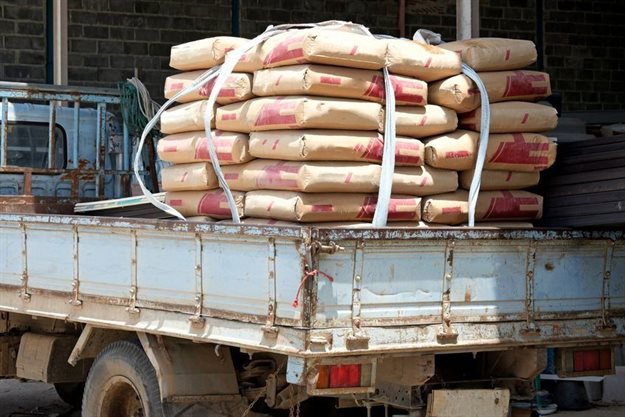






Speaking at a press briefing on the application, TCI Bryan Perrie said, “Imported cement is undercutting the industry by at least 45%. When this is combined with unprecedented low levels of demand due to slowed economic growth, the industry is facing an existential crisis which threatens to undermine the industrial capacity of the country.”
He explained that the industry was left with no option but to request ITAC to conduct a safeguard investigation to determine whether or not the cement industry requires protection from the surge in imports.
In addition to the surge in low priced imports, a carbon tax was introduced in June 2019 on the South African cement industry’s activities that increased the industry’s cost. The effect of the carbon tax translates into a 2% increase in selling prices, putting the South African cement industry at a further disadvantage against imports.
“Safeguard action would therefore be required to ensure the viability of this critical industry,” he explained.
Local pricing reflects the standards (technical, social and environmental) that have been determined by South Africa as necessary for local manufacturing. South African cement manufacturing processes are regulated, from environmental impact assessments to strict quality controls, and from labour and employment regulations to sustainability requirements (South Africa is a signatory of the Paris Accord on CO2 emissions).
He added that the South African cement industry is very competitive with more than five major producers. The cement, concrete and affiliated industries employ thousands of South Africans whose jobs would be on the line if local cement production is not protected. Importantly, several producers have significant B-BBEE investments which are at stake.
In support of the application, TCI, outlined that:
Perrie concluded by saying that the South African economy is positioned at a crossroads where trade policy determinations will play a critical role in determining the industrial direction of the country. “The key to future growth lies in achieving greater efficiencies within the country’s relevant manufacturing sectors. The cement industry must compete on a level playing field and not be scrambling to survive against low priced imports. The sector needs space to grow, which a successful ITAC application would provide.”